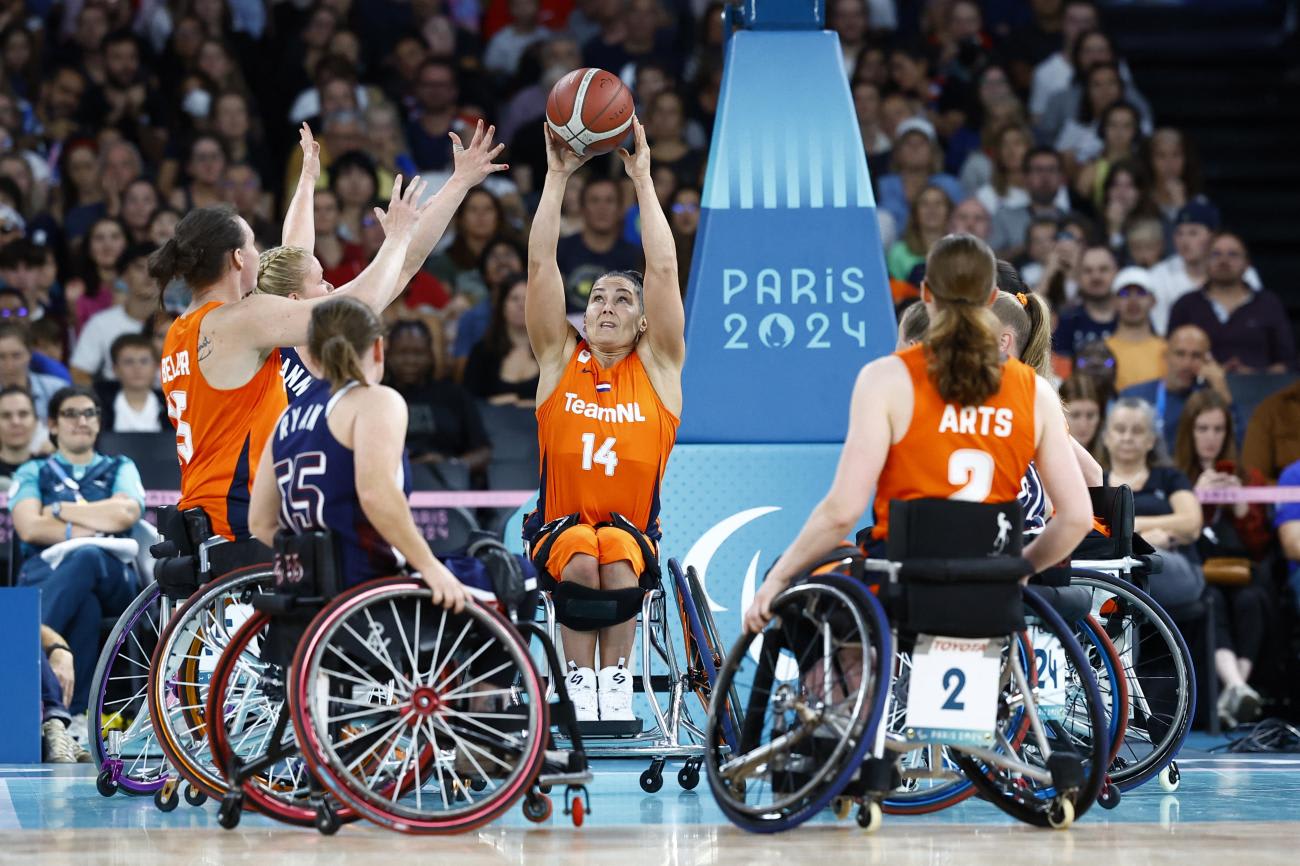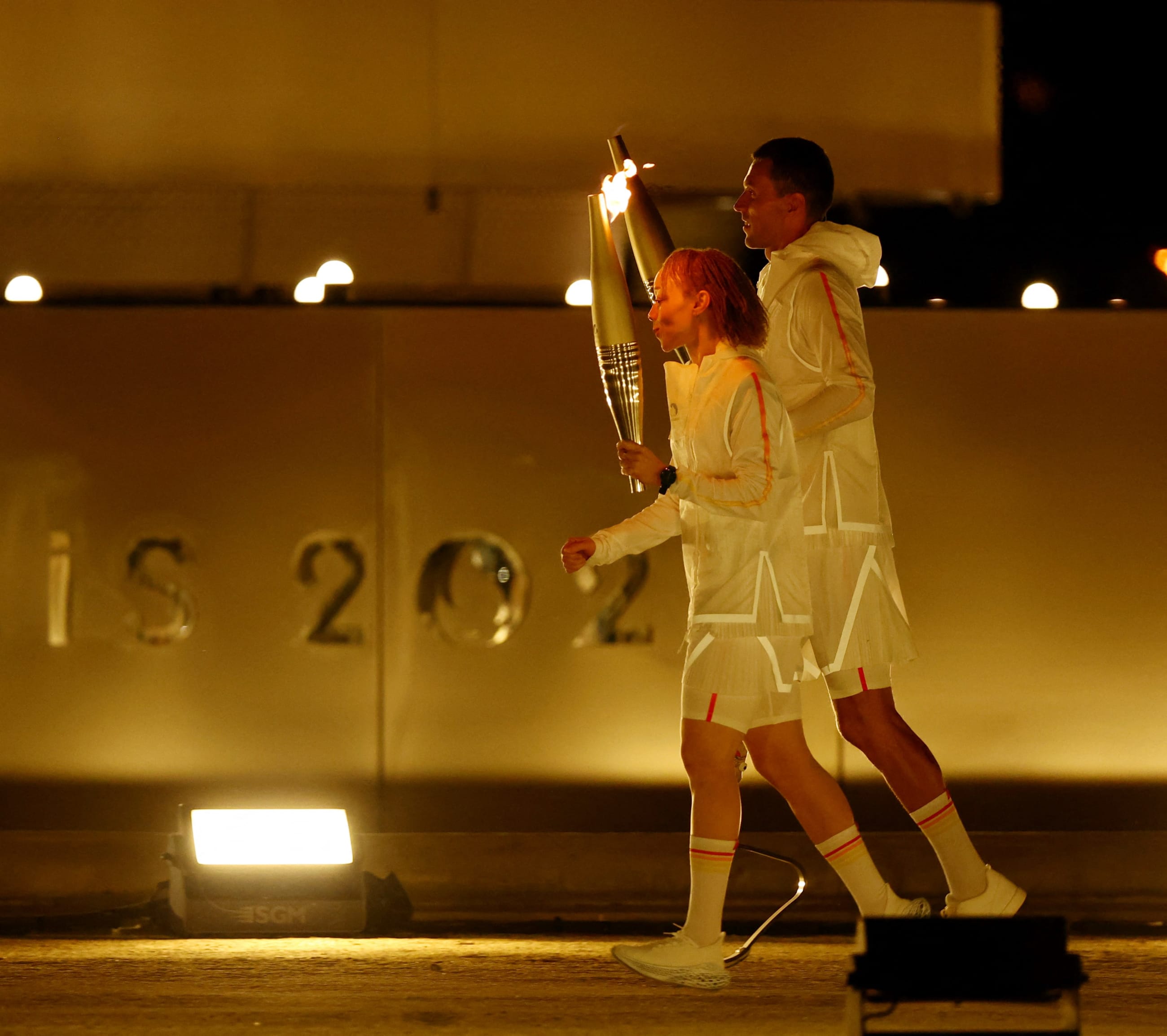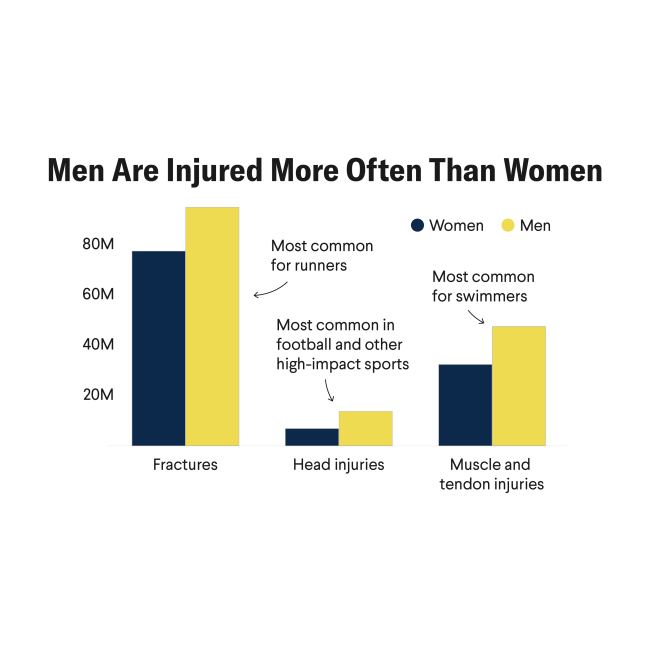As the Paris Olympics drew to an end in mid-August, the emotion coming out of the games resounded across the world. Countries welcomed their athletes home after a successful competition showcasing some of the best sportsmanship to date.
But the global games were only half over—the Paralympics were about to begin.
Media coverage shattered records. More hours of Paralympic Games were broadcast than ever before and more outlets were on the ground. This was the first year that all 22 Paralympic sports were broadcast.
Despite this record coverage, the disparity in the number of viewers between the two games was still large. Looking at the United States, where NBCUniversal has exclusive rights to the Olympics, 15.4 million Paralympics watchers were recorded across its platforms nightly, versus 31 million Olympics viewers. (Global viewership will be released at a later date via annual reports by the International Olympic and Paralympic committees.)
Nonetheless, the gap in U.S. viewership was smaller than in previous years. Paris upheld "a new standard of excellence," said Molly Solomon, NBC's Olympics and Paralympics Production president. "We knew our coverage needed to meet the moment. . . . The result was record-level viewership, setting a high bar for LA28 that we can't wait to surpass yet again."
Paris hosted the best turnout of Paralympians to date—4,400 athletes from 168 countries competing for 549 medals, including a record number of women athletes. The first Paralympic Games—held in Rome in 1960—hosted 400 athletes from 22 countries across eight sports.
More hours of Paralympic Games were broadcast than ever before, more outlets were on the ground, and more people were tuning in
Organizers made concerted efforts to keep enthusiasm going for the Paralympics this year, ramping up the media presence among them. Another move that helped was the Olympic and Paralympic Committees agreeing to hold the games in the same host city and reducing the time between the two competitions to around two weeks to seamlessly reinforce the unity of both games as celebrations of athleticism. Minimizing the gap between the two games has helped increase attention on the Paralympics.
The uptick in viewership for the games is monumental progress for parasports. Putting the two sets of games on a more level playing field, however, requires more than simply viewers tuning in from home.
Paris Showed Progress, but the United States Needs to Catch Up
On-the-ground engagement was also palpably better. "Paris really embraced the Paralympics," Clayton Frech—a disability advocate who has supported Paralympics planning at the last three games and whose son Ezra was a two-time gold medalist in Paris—told Think Global Health. "The locals filled the stands." From an athlete's standpoint, he says, that's huge: "Having full arenas is the most important thing that you could do if you care about the athlete experience, because our athletes compete all over the world with empty arenas."
Although U.S. coverage of the Paralympic Games might seem low relative to that of the Olympics, where the country dominates the board with its hundreds of athletes, it sends proportionately fewer for the Paralympics and consequently celebrates fewer wins.
Other countries, such as China, tend to sweep up the medals at both games. In the last 30 years, China has significantly invested in the Paralympics and parasports technology, showing its dedication to ensuring that its Paralympians can excel, in a way that has established it as the benchmark for all other nations, says Simon Darcy, a disability advocate, professor at the University of Technology Sydney Business School, and a consultant for the 2000 Sydney Paralympics.
Press coverage, though, is barely the tip of the iceberg, Darcy says.

Going Further Than Viewership Numbers
Another aspect to closing the Paralympics gap, disability experts note, is ensuring that the mission of the games is upheld and the coverage is broadcast in the appropriate light. Critics have called out the games' rhetoric for running counter to its goals of inclusion, saying that the empowerment of those with disability is essentially limited to the athletes, Darcy tells Think Global Health. It's about ensuring that attention on disability inclusion extends beyond "the time of the games," he says, and continues to all of those with disabilities well afterward.
The media also falls into important representation traps that can be detrimental to the athletes' dignity. Several tropes include descriptors such as "participants" rather than "athletes" or "competitors," framing disability as a tragedy that can be overcome, or minimizing a person for their disability. The Paralympic paradox, as it's come to be known, refers to people focusing too much on disability over great athleticism. Indeed, the kind of media attention makes as much difference as the quantity of it. Misconception about Paralympics is rife in the United States, Frech says, so getting awareness on the language is important.
A steadfast community of advocates both in and outside the Paralympics bubble strive to bring more equity to the treatment and portrayal of disability and have made significant strides. The We the 15 initiative, for example, a disability advocacy campaign that arose after the previous Paralympic Games in Tokyo, has been lauded for emphasizing the Paralympians not as special or superhuman, but as just human.
Another encouraging sign in bringing better visibility to the Paralympics and other adaptive sports is the surge in athlete advocates who call attention to their meaning to the community and value to the world. Ezra Frech is one who many are excited to see carry the torch of advocacy for these competitions into the 2028 games. His father started an organization called Angel City Sports to provide adaptive sports clinics for those with disabilities in California, its goal being to go nationwide for anyone with a disability who wants to compete in sports.
We get to change how people see disability. We have this amazing opportunity that's in front of us sitting there on the table, I hope we grab it
Clayton Frech
"For that little kid like my son that's born different or acquired a disability along the way, you know they have a North Star," Clayton Frech says of the Paralympics and adaptive games' importance. "They can find it easier to look to the future, and know that they can be physically active, they can play sports, they can be a part of society, and they don't have to be sort of excluded from anything."
Other crowd favorites at Paris who made waves at the Paralympics were Olympic-Paralympic couple Tara Davis-Woodhall and Hunter Woodhall. The South African duo Lucas Sithole and Donald Ramphadi were also widely celebrated in bringing visibility to disability to their region after clinching the African continent's first-ever Paralympics medal in wheelchair tennis this year.
For the 2028 Los Angeles Paralympics, advocates have suggested that the media still needs better prime-time reporting and should incorporate Paralympians in Olympic spotlights, such as in commentator roles. Others think the closing ceremony of the Olympics could pass the baton to the Paralympics, rather than to the next city, to add to the two games' cohesion and encourage continued viewership.
The Los Angeles games are going to be a make-or-break moment to show that the United States truly cares about Paralympics, advocates say. Although steady progress continues, many agree with International Paralympic Committee President Andrew Parsons, who said that the recent games are "the starting point of an accessibility journey, rather than the end." The next ones are a chance to ensure momentum is even stronger.
"We get to change how people see disability. We have this amazing opportunity that's in front of us sitting there on the table," Los Angeles–based Frech says. "I hope we grab it."













